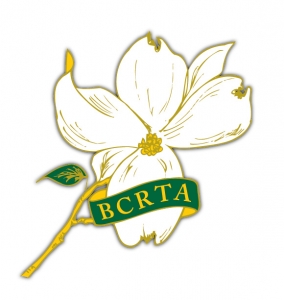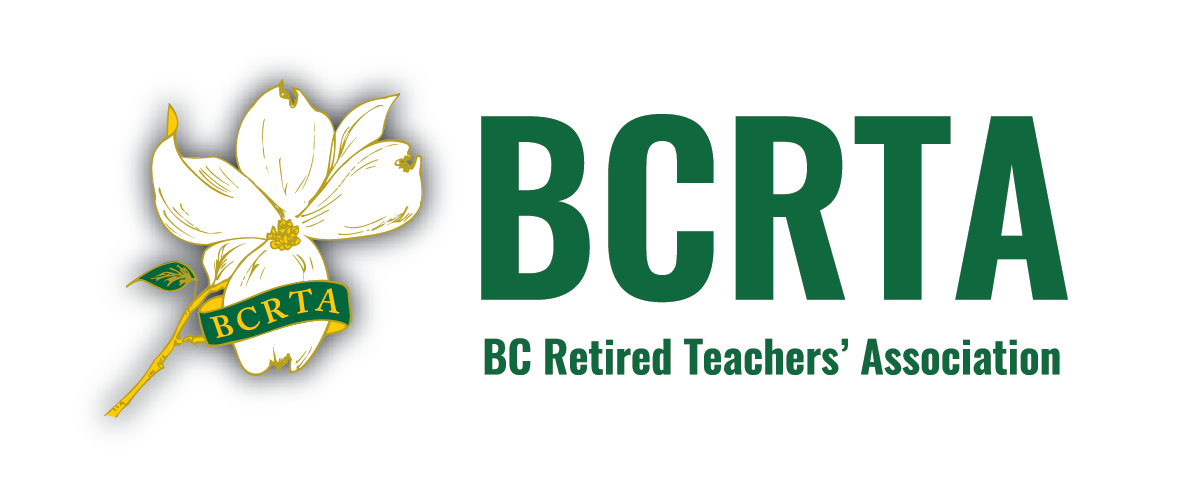Oscar* would not disagree that 2020 was a terrible year. COVID-19 had effectively imprisoned him at home. Then Eleanor, his spouse, had been disabled by a stroke and now requires special care, including being confined to a wheelchair. Looking after her was taking a great deal of time, patience – and money.
According to the Canadian Institute for Health Information (CIHI), unpaid caregivers of seniors spend an average of 17 hours per week taking care of their elderly parents or relatives. If those seniors have dementia, their caregivers put in up to 26 hours per week – on top of their own everyday workload and routine.
Most caregivers also pay out of their own pockets for many of their loved ones’ necessities like prescription and over-the-counter drugs, transportation, specialized devices, rehab and sometimes even home renovations.
Oscar was looking for any ways to help relieve some of the financial challenges he was facing as a caregiver. With tax season now underway, his advisor suggested he could start by taking advantage of many of the non-refundable tax credits available for caregivers.
Tax credits reduce your tax bill dollar for dollar. For example, a tax credit of $200 will directly lower your tax bill by $200. Medical tax credits are non-refundable credits that will similarly reduce what you owe but will not result in a tax refund. These are meant to help even out the tax burden by allowing some relief for additional medical and disability expenses that most other taxpayers do not face.
Here are four non-refundable tax credits that may benefit Oscar:
1. Medical expense tax credit (METC)
The METC provides a non-refundable tax credit for “qualifying medical expenses” that exceed a certain threshold – the lesser of 3% of net income (line 23600), or $2,397 federal and $2,277 BC (2020). These include expenses like home care, medically required equipment, etc., for which you have not been reimbursed by a health insurance plan or in any other way. Oscar can also claim his own expenses for Eleanor’s care. For instance, if he took her to her dentist and paid $500, he could count the $500 he paid towards a claim for the METC.
Incidentally, this credit can also be used for the expenses of family, so you might be able to claim for those of your dependant spouse and children. You can also claim the credit for others who depend on you for support, such as adult children and grandchildren, as well as your parents or your spouse’s parents. They don’t even have to live with you as long as you paid medical expenses for them and they are Canadian residents who depend on you for financial support throughout the year.
Eligible medical expenses might include:
- Payments to a health professional (e.g., dentist, nurse, pharmacist, optometrist, psychologist, counsellor, chiropractor, podiatrist, therapist, dietician)
- Medical services not covered by insurance (e.g., laser eye surgery)
- Medical services outside of Canada
- Health aids or devices (e.g., prescription eyeglasses, wheelchair, hearing aids, crutches)
- Prescription drugs or medications
- Nursing home care and attendant services (just the cost of nursing care, not the cost for room and board)
- Service animals
- Ambulance fees
- Wigs made for hair loss due to disease treatment
This is by no means the full list. Please access the CRA’s detailed medical expense page on their website where you will be able to search for any particular expense and find out whether you can count it as a medical expense on your tax return.
2. Disability Tax Credit (DTC)
As Oscar is taking care of someone who is dependent on him, and has a persistent physical or mental disability, he will be able to claim the non-refundable Disability Tax Credit (DTC).
To qualify for the DTC he will require:
- A medical professional must complete CRA’s T2201 Disability Tax Form describing the nature of the disability and how it is a severe and prolonged impairment.
- If approved by the CRA, Eleanor can claim her medical expenses if she has sufficient income. If she cannot use a portion of the credit to further reduce her income tax, Oscar can claim the disability amount as a “supporting person”.
Also, as Eleanor is financially dependent on Oscar, he may be able to transfer some or all her DTC to himself. Depending on his situation, he may have to choose between Eleanor claiming the DTC and transferring it to himself or counting the expense towards a claim for the METC.
Importantly, the successful approval of the DTC provides Eleanor herself with further access to many other forms of government assistance. It is an essential part of any disability financial support plan.
3. Home Accessibility Tax Credit (HATC)
Oscar had installed a $10,000 wheelchair ramp to the home last year, so he can claim the non-refundable Home Accessibility Tax Credit (HATC).
Intended for medically necessary home renovation, addition, or alteration, the 15% HATC is worth a federal credit of up to $1,500 per calendar year, per individual. To claim this credit (line 31285), the renovation must be made to help a senior or a disabled person age 65 or older who are already approved for the DTC. It is there to help make things easier for the care-receiver, whether it is gaining better access to a home, being more mobile within that space or reducing the risk of harm or injury.
In addition to a wheelchair ramp, Oscar might also claim items like the following:
- grab bars
- hand-rails
- walk-in bathtub
- wheel-in showers
- widening doorways for wheelchairs
- lowering cabinets
- stairlift
The HATC does not apply to the cost of household appliances, housekeeping or gardening.
Many accessibility renovations also qualify as medical expenses, so parallel claims can be made for both the HATC and METC.
For BC residents, the Province also offers the 10% BC Senior’s Home Renovation Tax Credit of up to $1,000 per calendar year, per individual, so it may be possible to enjoy a triple tax credit.
4. Canada Caregiver Credit (CCC)
Oscar can prove that he provides food, shelter and clothing for Eleanor. A loved one, like Eleanor, with a handicap, injury or illness, and who depends on you for support, even if they live separately, is considered by CRA as an infirm dependant. This means the person you are caring for has some kind of physical or mental condition that prevents them from doing basic tasks or providing for themselves.
You are eligible for the Canada Caregiver Credit (CCC) whether it is your partner, child, grandchild, parent, sibling or other close relative, so long as they’re dependent on you as a caregiver, and you regularly and consistently provide them with some or all of the basic necessities of life. You can even claim this credit for taking care of your adult stepchildren or in-laws.
British Columbia also offers the B.C. Caregiver Credit to enhance the CCC. For 2020 it is a maximum of $4,791 and is reduced by the dependent’s net income in excess of $16,216 (2020).
To get a better sense of what you can claim as a caregiver and what lines on the tax form you need to fill out, check out the CRA’s web page on credits, deductions and expenses. Better still, consider working with an accounting or financial-planning professional to make sure you are correctly following the rules and getting the most from these credits.
Always be sure to keep all your receipts – you never know when you’ll be asked to produce them.
* Names have been changed.
About the Author

Michael Berton, CFP®, RFP®, CLU®, CHS, FMA is a Senior Financial Planner with Assante Financial Management Ltd. In Vancouver, (604) 678-3096. Michael has taught Financial Planning courses at BCIT and TWU. He has written for Advisor’s Edge, Advocis FORUM, and Advisor.ca. He is married to another financial planner, has three children and lives in North Vancouver. Always discuss your particular circumstances with a financial planner prior to acting on the information above.


